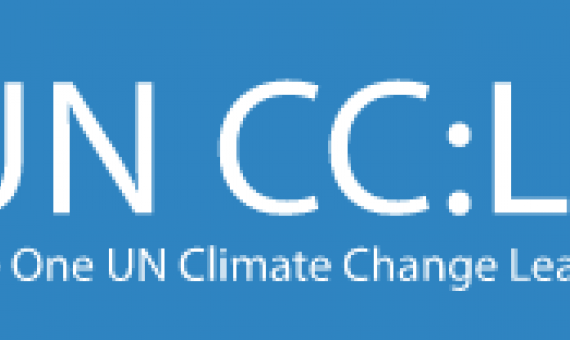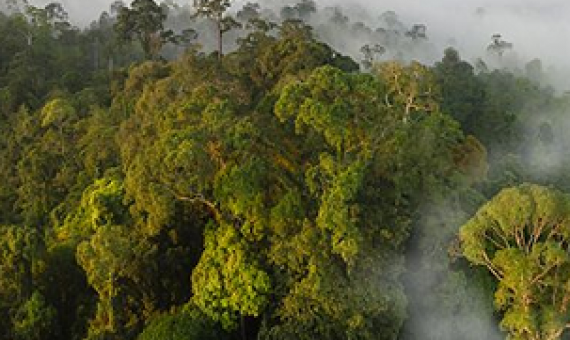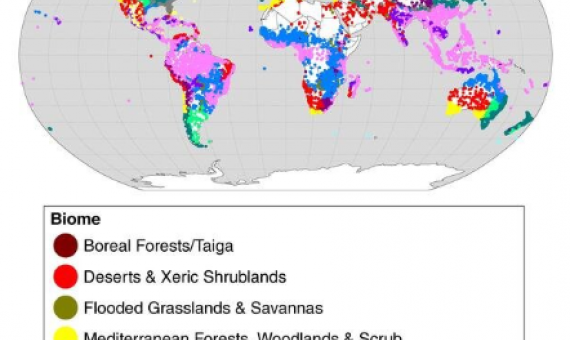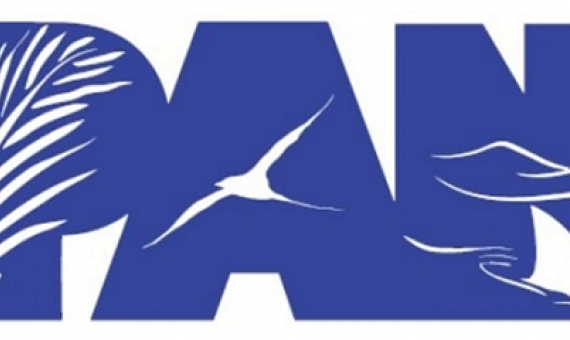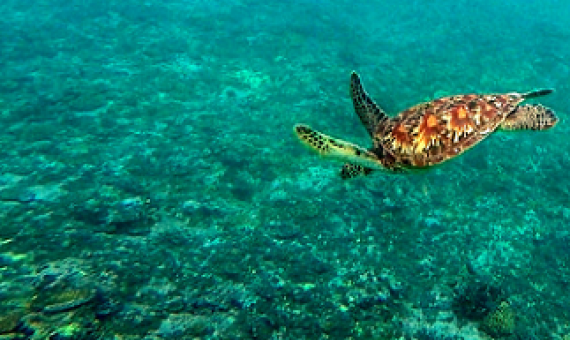The course will help you better understand the linkages between gender and the environment. It will provide you with the knowledge and tools to mainstream gender, and to be an effective change-maker for sustainable development.
Importance, Destruction and Recovery of Coral Reefs
Coral reefs are an incredibly valuable ecosystem. Coral reefs are being degraded worldwide by several reasons such as; human activities, increases in cyclone intensity, climate warming, bleaching and so on. The increasing frequency and severity of anthropogenic impacts throughout the global ocean have an impact on the coral reefs. This worldwide decline of coral reefs calls for an urgent reassessment of current management practices. Coral reefs are important for our world for several reasons.
A study published in the journal Environmental Science and Policy earlier this year found that vertebrate biodiversity on indigenous-managed lands in Australia, Brazil, and Canada is equal to or higher than protected areas.
Efforts to catalog the fast-declining biodiversity of tropical rainforests just got a $10 million boost via a new competition from XPRIZE, an organization that has more than a dozen competitions on topics ranging from spaceflight to oil cleanup over the past 25 years...XPRIZE hopes the initiative
Hope and doubt for the world’s marine ecosystems
In June 5–9, 2017, during the United Nations (UN) Ocean Conference, 143 governments, signatory parties of the Convention on Biological Diversity (CBD) declared their commitment and strategies to reach several objectives of the Sustainable Development Goal (SDG) 14, which stands to “conserve and sustainably use the oceans, seas and marine resources for sustainable development”.
In a bid to protect plants from pests in the Cook Islands, the Ministry of Agriculture has endorsed the International Year of Plant 2020.
Researchers at the University of Bayreuth have calculated for the first time how climate change is likely to affect the earth's conservation areas by 2070.
How much of a market is involved in a biodiversity offset? A typology of biodiversity offset policies
Biodiversity offsets (BO) are increasingly promoted and adopted by governments and companies worldwide as a policy instrument to compensate for biodiversity losses from infrastructure development projects. To provide a framing for understanding the empirical diversity of BO policy designs, we present an ideal-typical typology based on the institutions from which BO is organised: Public Agency, Mandatory Market and Voluntary Offset.
Sonsorol state has become the 16th state to join the Protected Areas Network (PAN).
An approach that tackles the underlying causes of coral-reef decline could be applied to other habitats, argue Tiffany H. Morrison, Terry P. Hughes and colleagues. Coral reefs cover only 0.5% of the ocean floor, but they support almost 30% of the world’s marine fish species.

